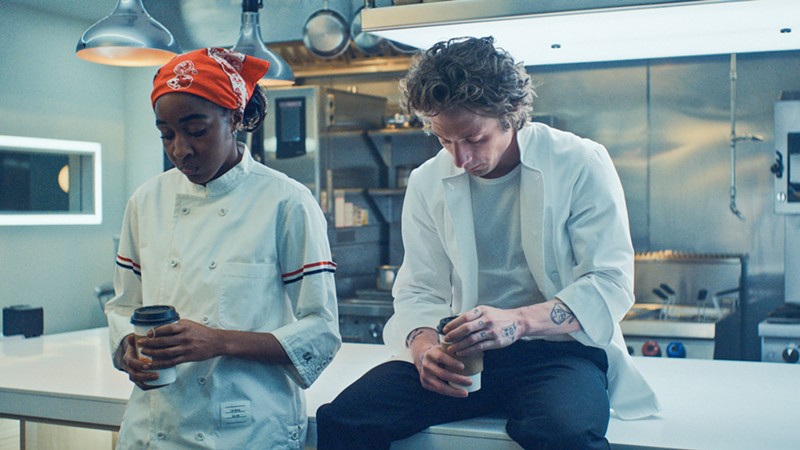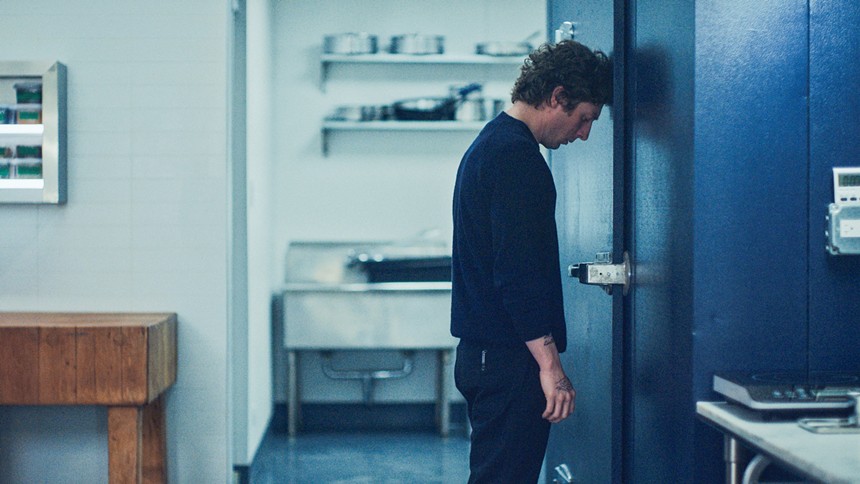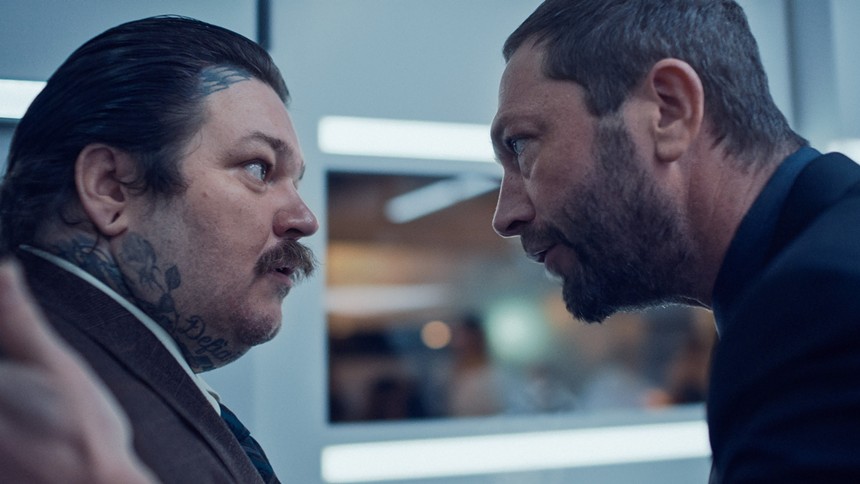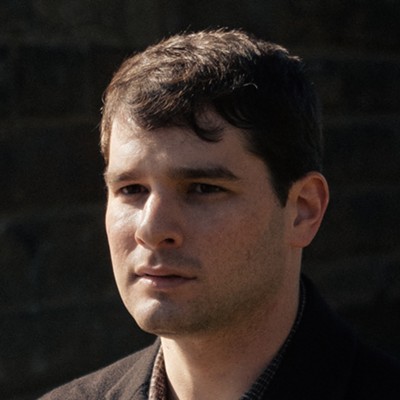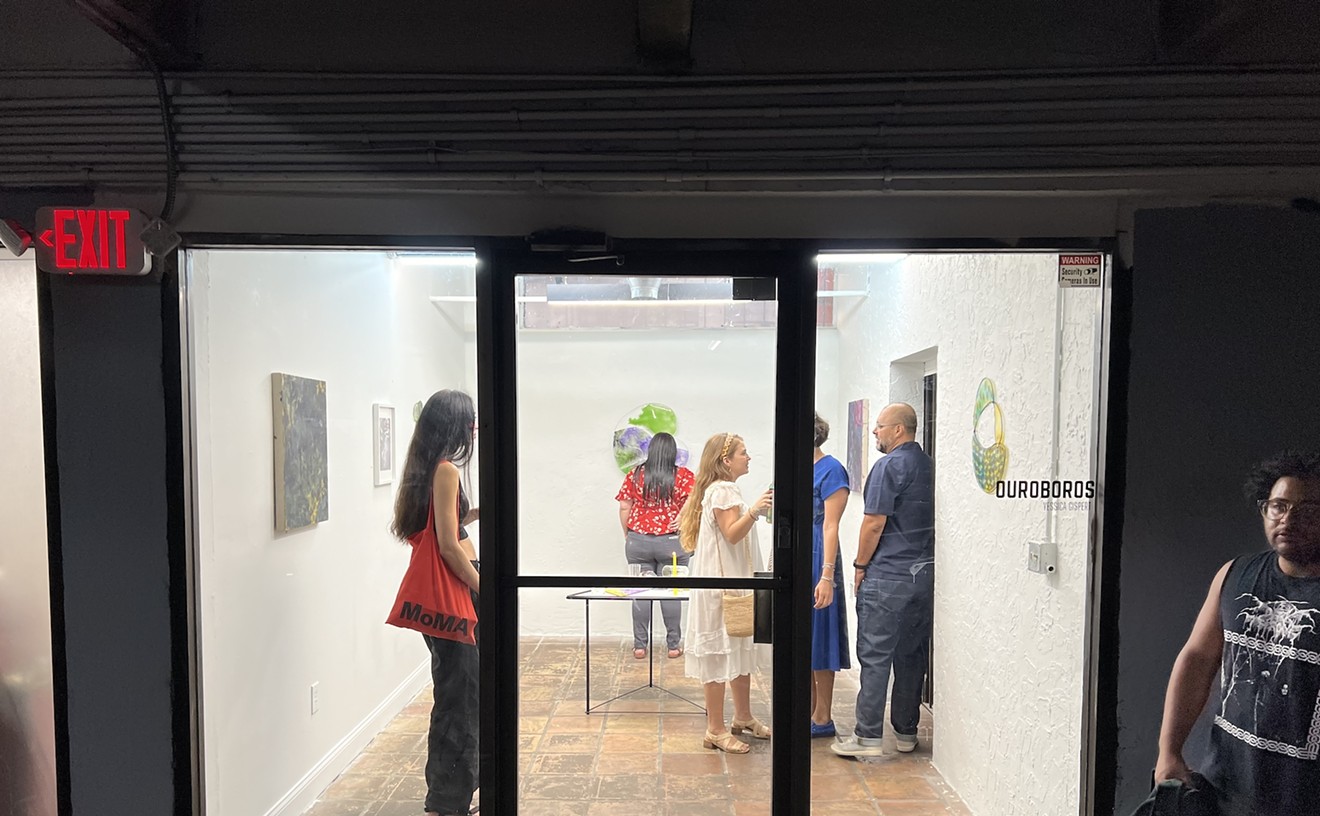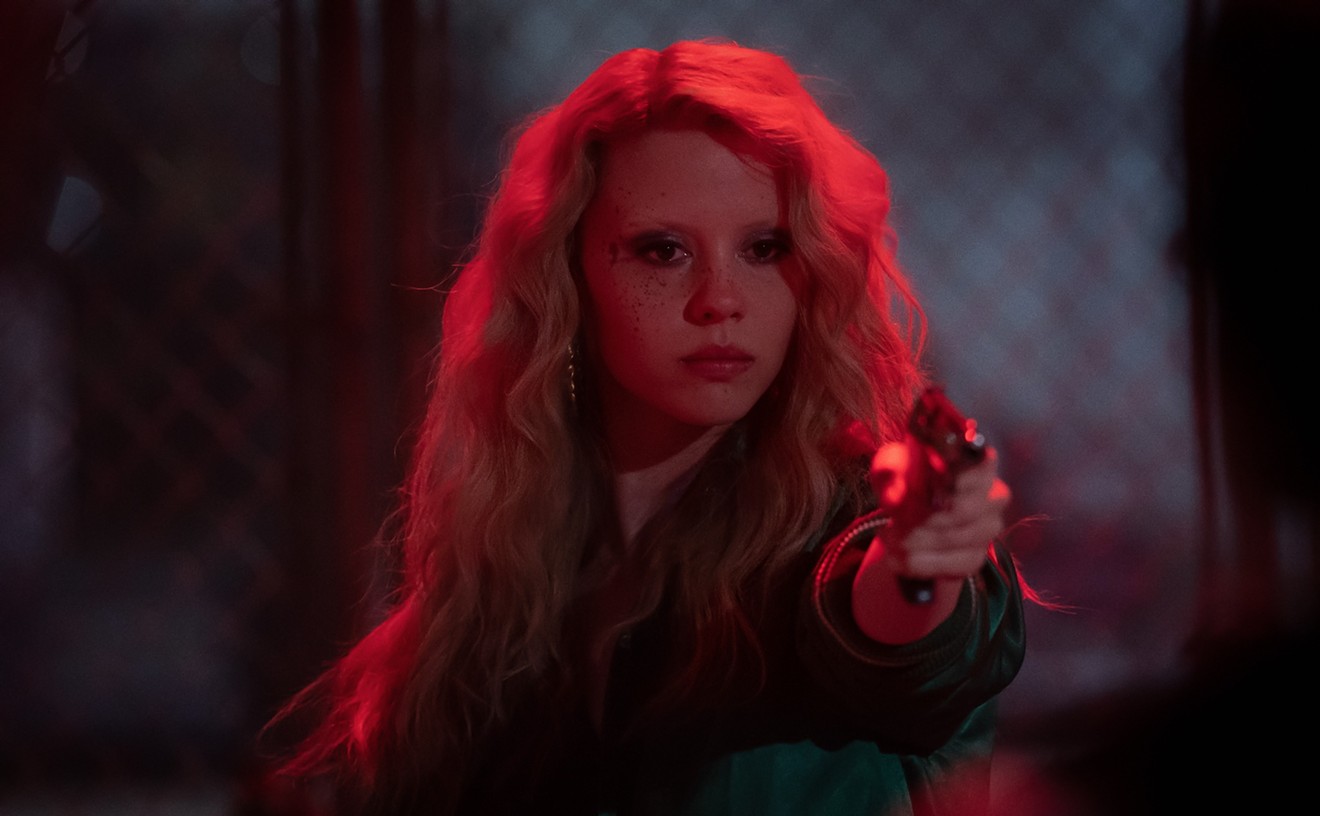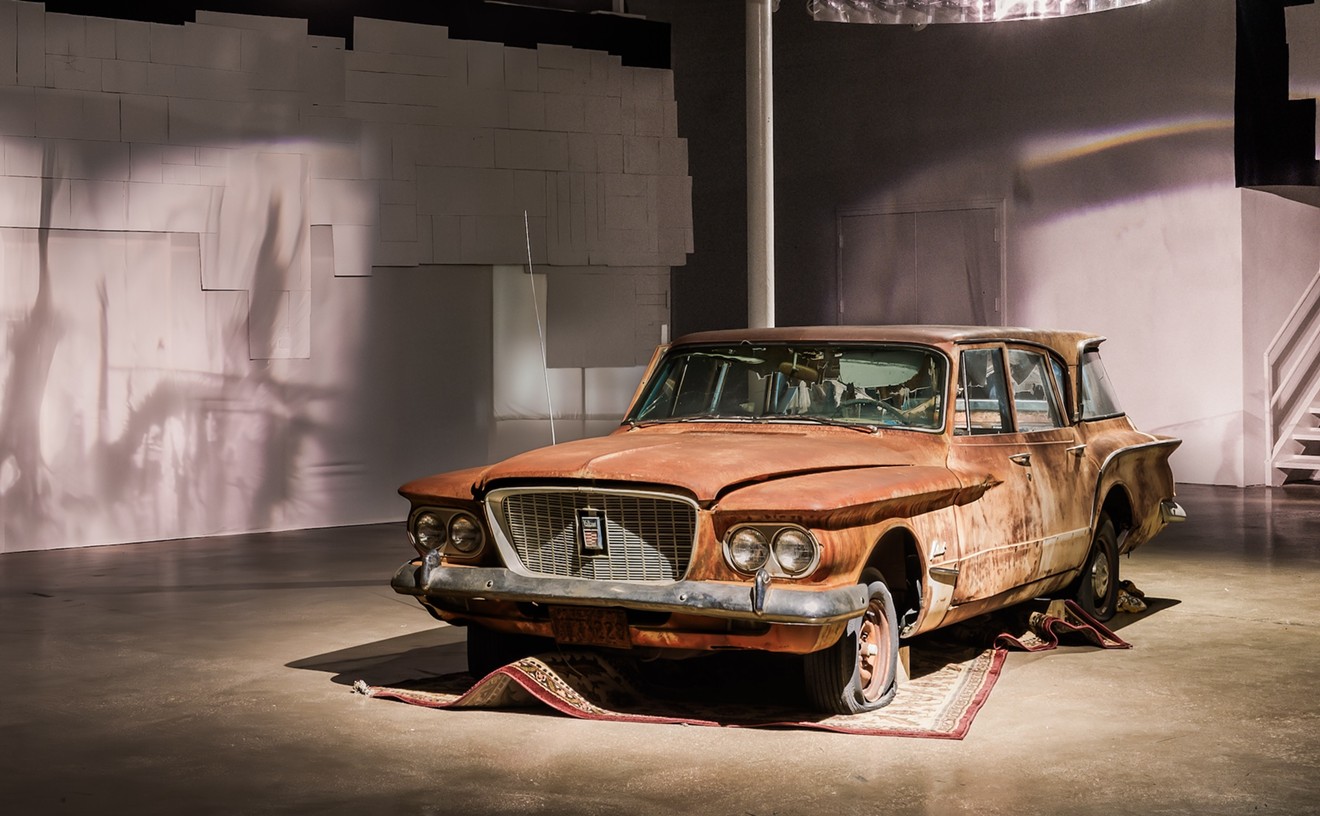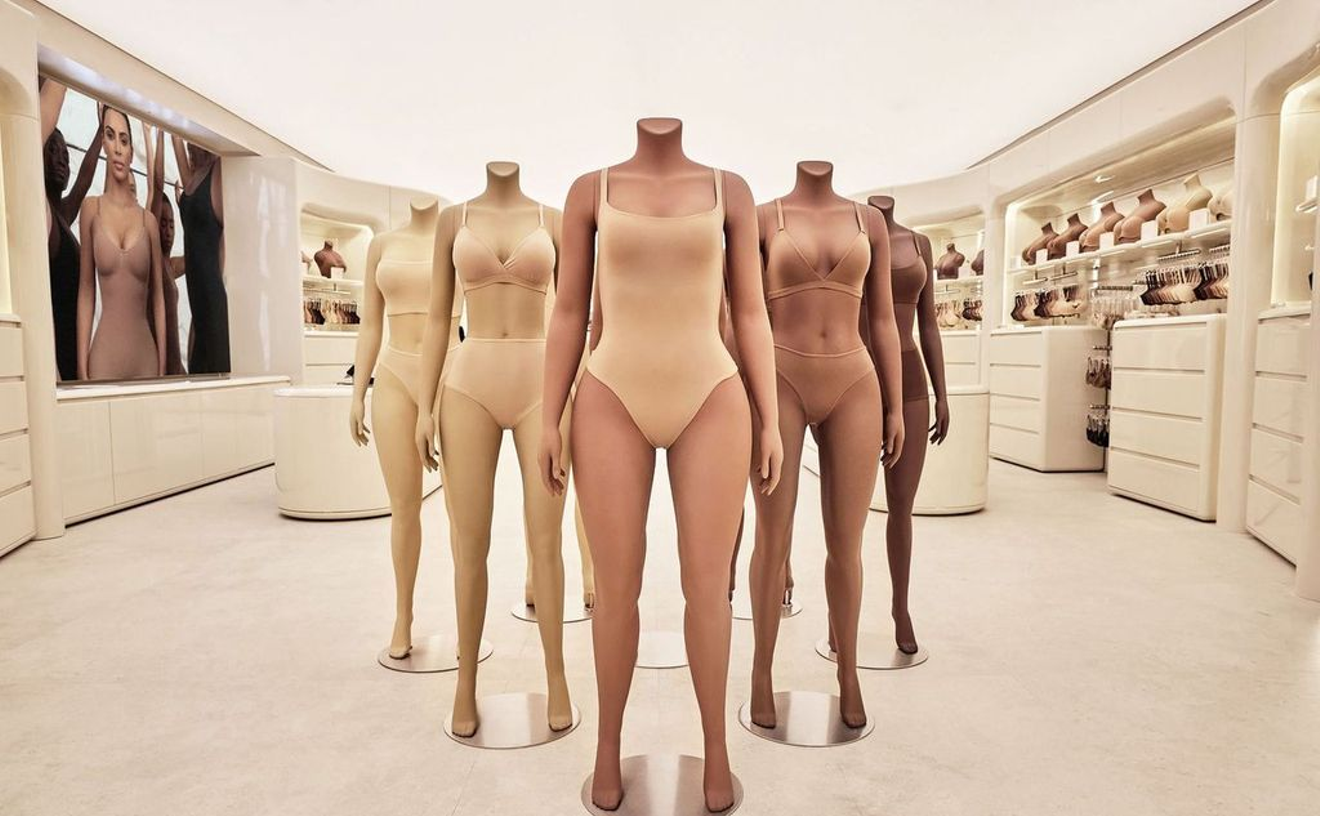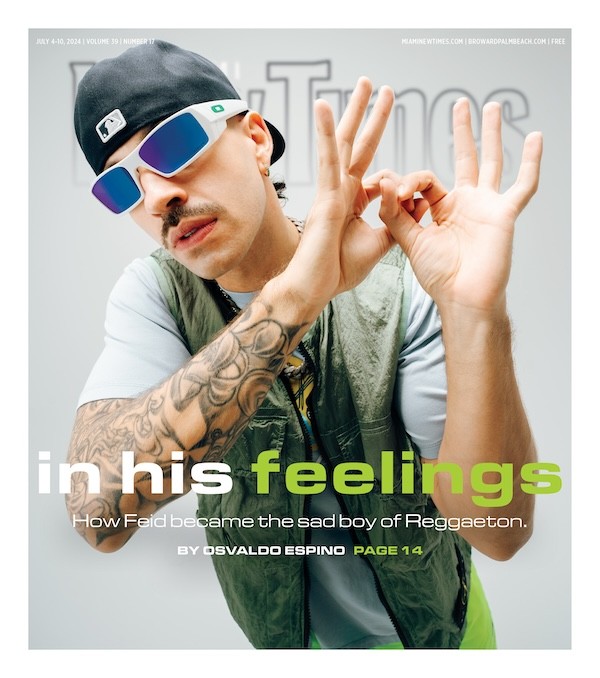This review contains spoilers for the season three of The Bear.
Is it heaven or hell to cook for a living? Is it a little bit of both? Is work a prison, even when we're supposedly doing what we love? No show on television better explores the abusive relationship of creative labor than The Bear, especially in its difficult third season.
This is evident from the very beginning of "Tomorrow," the breathtaking first episode, which feels less like a TV show about cooking and more like a Terrence Malick movie. The action picks up right after the titular restaurant, a would-be fine dining destination, has held its opening night, during which head chef Carmy (Jeremy Allen White) locked himself in the freezer during service. Scenes from Carmy's life glide over a moody, contemplative score by Trent Reznor and Atticus Ross as he contemplates his mistakes and the ways he might avoid them in the future. We see cameos from famous chefs for whom Carmy has worked: Daniel Boulud, René Redzepi, and even Thomas Keller of the French Laundry and Surf Club fame, who appears in the final episode in a callback to this sequence. We also see two fictional chefs from the show's universe who will recur: Andrea Terry (Olivia Colman), a legendary Chicago chef whose decision to close her restaurant Ever forms the season's core more than even the Bear's troubled start, and David Fields (Joel McHale), Carmy's horrific, abusive former boss from his time in New York City.
Mirroring the show's transformation from a plucky dramedy about a star chef taking over his family's sandwich shop into a more serious, higher-stakes tale of culinary aspiration, Fields has changed from a one-scene joke character — a chef that's so mean he makes Gordon Ramsay look like Hello Kitty, played by a comic who once made a living out of mocking reality TV shows — into a specter of trauma haunting Carmy. His acidic words and taunting insults are contrasted with actual guidance from the other chefs, from Terry's firm but fair demeanor to Keller's lesson about "the Pope's nose." They're using their power in the strict, ruthless hierarchy of the kitchen to instruct and to mine the perfection they require from their charges. They presume their staff want to do better, and they treat them as such and don't talk down to them. In one scene, Terry gently chastises Carmy for undercooking a steak. "Five more seconds, chef," she says. "Always five more seconds." Message: Do it right, every time. No more needs to be said. Later, we see Terry encourage Carmy to move to Copenhagen and stage at Noma.
By contrast, Fields just tortures Carmy. He sees him as an obstacle, a potential wrench in the works of his perfect kitchen, and his words humiliate and emasculate him. In these scenes, Carmy is motivated not by his desire to do better, but by fear of reprisal. Fields swaps Terry's positive reinforcement for negative, yet in classic villain fashion, he sees the damage he's doing — the damage that will ultimately sabotage Carmy as he starts up the Bear — as beneficial. "You were an OK chef when you started with me," he says after Carmy confronts him at the funeral dinner at Ever. "And you left an excellent chef. So you're welcome."
Carmy is baffled. "You gave me ulcers, and panic attacks, and nightmares," he says. "You know that, right? Do you understand that?"
"Yeah, I gave you confidence, and leadership, and ability. It fucking worked," Fields retorts.
We can see from the rest of the season that he's wrong. Carmy's freakout in the freezer, during which he also spurned his girlfriend Claire (Molly Gordon), inspires him to double down on his perfectionist tendencies. He draws up a list of "non-negotiables" for the staff and declares his intention for the Bear to earn a Michelin star. He changes the menu daily. He constantly feuds with Richie (Ebon-Moss Bachrach), his friend and maitre d', due to comments he made while locked in the freezer. In the third episode, "Doors," which condenses the Bear's hectic first month of service into a single episode, he regresses to the macho tendencies that sunk the old restaurant, the Original Beef of Chicagoland, in the first season: the screaming, the cursing, the obstinance. He starts to alienate his staff, especially sous chef Sydney (Ayo Edebiri) — by the end of the season. She's having panic attacks and halfway out the door after a rival chef offers to bring her onboard his new restaurant. A flashback episode focusing on Tina (Liza Colón-Zayas), the middle-aged Latina line cook who struggles under the new system, shows her getting hired at the old place after struggling with unemployment and the merciless cruelty of the job market. Carmy's brother Mikey (Jon Bernthal), giving her an interview that feels like a venting session with a friend, makes a pitch for the place: It's chaotic and dirty, but it feels like home because the people make it that way. It's a far cry from the stress and isolation of the new shop, and it makes us wonder, is this what she signed up for? Is all this even worth it?
My answer, personally, would be a resounding no. I speak from a mild amount of experience: Like many creative people, I have had to work in restaurants to make ends meet, including high-end places that reached for the (Michelin) stars. I was only in the culinary world for a few months, not enough time to give me any sort of authority on restaurants. But it was enough to make me never want to work in a restaurant again, ever, and I wasn't even in the kitchen. I hated the menial nature of the work — polishing silverware, bussing tables, burning my hands on hot plates, making sure water glasses were never empty. I hated the disrespect from customers, yes, but also from the bosses, who expect you to go out and take demeaning, degrading treatment without batting an eye.
Once, at my last restaurant job, I told my co-workers I was actually a journalist — or had been before the pandemic. "Well, what the fuck are you doing here?" they said to me. They had a point: Many people do find purpose in serving or cooking for a living, but most in the service industry, even the upper echelons, are there because they don't have any other options. There is a tendency to romanticize the laboriousness and rigor of the restaurant industry that stems from figures like Anthony Bourdain. The Bear is certainly guilty of this, especially in this season, from the celebrity chef cameos to the trading of culinary war stories at the funeral for Ever. In the second season episode, "Forks," Richie stages at Ever to train as a shift captain and learns to appreciate the perfectionism, discipline, and devotion to "acts of service" that come with being a fine-dining service worker. I could see how someone would hold that view, but I think it's delusional. It's a lie people tell themselves to disguise the fact that the job sucks, no matter how many stars your restaurant has. One could even say the idea that one should enjoy one's labor rather than seek to free oneself from it or mitigate it is inherently conservative and that the presence of this mentality in the culinary industry is reactionary. Even Bourdain didn't shy away from the difficulties of culinary labor. In an updated version of Kitchen Confidential, he writes of "long hours, cramped working conditions, bad ventilation, relentless pressure, volatile personalities and the endless, often mindless repetition of a thousand small tasks [that] ensure that only the strong, the serious, and those with a sense of humor survive. If this book 'exposed' anything important, it is, I hope, the simple fact that cooking professionally is hard."
Something I felt was increasingly clear in The Bear that we have to consider is that the show is perhaps not a loving tribute to the culture of cooking and restaurants — "the life," as Bourdain called it — but also a condemnation of it. Transforming the Beef into the Bear didn't fix it; it's just as chaotic as before. It didn't heal Carmy; it reopened his wounds and turned him into the thing that he hated. Meet the new boss, same as the old boss. The final episode of the season ends with Carmy walking alone, pondering the words of his former bosses. The traumatic reunion with Fields was followed by a more encouraging one with Terry. The season ends on a cheap cliffhanger: The threatening promise of a review in the Chicago Tribune dangles over the latter half, and remember, this is a show in which reviews, even positive ones, are harbingers of catastrophe. A bad review will doom the restaurant, and all the suffering will have been for naught. But a good one might be even worse, condemning the crew to more of the same stress and chaos in search of higher standards. Wasted work or more work — which is worse? Maybe the lesson we should take from this season is to dream different dreams — ones that don't involve hard work at all.
The Bear. Starring Jeremy Allen White, Ebon-Moss Bachrach, and Ayo Edebiri. Created by Christopher Storer. 10 episodes. Rated TV-MA. All episodes of season three are available to stream on Hulu.
[
{
"name": "Air - MediumRectangle - Inline Content - Mobile Display Size",
"component": "19274298",
"insertPoint": "2",
"requiredCountToDisplay": "2"
},{
"name": "Editor Picks",
"component": "17482312",
"insertPoint": "4",
"requiredCountToDisplay": "1"
},{
"name": "Inline Links",
"component": "18711090",
"insertPoint": "8th",
"startingPoint": 8,
"requiredCountToDisplay": "7",
"maxInsertions": 25
},{
"name": "Air - MediumRectangle - Combo - Inline Content",
"component": "17482310",
"insertPoint": "8th",
"startingPoint": 8,
"requiredCountToDisplay": "7",
"maxInsertions": 25
},{
"name": "Inline Links",
"component": "18711090",
"insertPoint": "8th",
"startingPoint": 12,
"requiredCountToDisplay": "11",
"maxInsertions": 25
},{
"name": "Air - Leaderboard Tower - Combo - Inline Content",
"component": "17482313",
"insertPoint": "8th",
"startingPoint": 12,
"requiredCountToDisplay": "11",
"maxInsertions": 25
}
]

